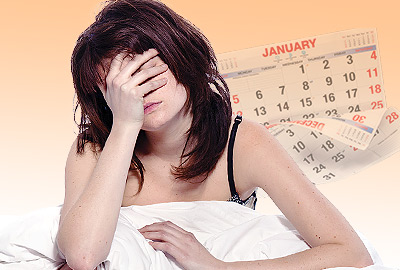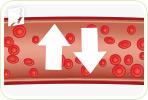Nights sweats can be frustrating and uncomfortable - they can wake you up in the middle of the night feeling cool, clammy, and drenched in sweat- leaving you tired and irritable the next day. Although anybody can experience night sweats, they are most often reported by women who are menopausal.
While night sweats cannot be controlled entirely, you can learn to avoid the top four night sweat triggers. Read on to learn more about night sweat triggers.
Avoid Exercise Before Bed

If you suffer from night sweats, avoid working out immediately before going to bed as this will raise your body temperature. In general though exercise will help you improve and maintain good health. In addition, incorporating regular physical activity into your daily routine will help you use more energy and so promote better sleep at night.
However, because exercise releases endorphins that stimulates and energizes the body while raising the overall temperature, it's best not to do any at night. To reap the benefits of exercise, try working out in the morning. If this is not possible, try to fit your workout in anytime before 5p.m.
Avoid Spicy Foods
Consuming spicy food can leave you feeling sweaty and uncomfortable. These effects can be felt almost immediately after consuming hot foods and then last for several hours. Try to avoid eating spicy food late at night because they can provoke night sweats.
Avoid Long Baths

As tempting as it might seem to take a long bubble bath after a particularly long and stressful day, it can lead to night sweats. Baths are relaxing and can help you de-stress, but be careful not to use water that is too hot for your body to handle. This is because taking a long bath in very hot water can raise the body's temperature and trigger night sweats. If you suffer from night sweats, consider taking a quick lukewarm shower instead.
Avoid Cleaning

As with working out, cleaning can require a level of physical exertion that will increase your heart rate, blood flow, and the body's temperature. Try to do any vacuuming, dusting, and lugging around laundry earlier in the morning. Alternatively, share the load with your family or housemates so that you have more time in the evening to relax and prepare for sleep.
Sources
- The National Institute of Health."Signs of the Menopausal Transition".Retrieved from www.nih.gov
- Boston Women's Health Collective. "Hot Flashes, Night Sweats and Sleep Disturbances". Our Bodies, Ourselves, 2006.
- Von Muhlen, DG, et al. "A community-based study of menopause symptoms and estrogen replacement in older women". Maturitas. Sept 1995; 22(2):71-8.


